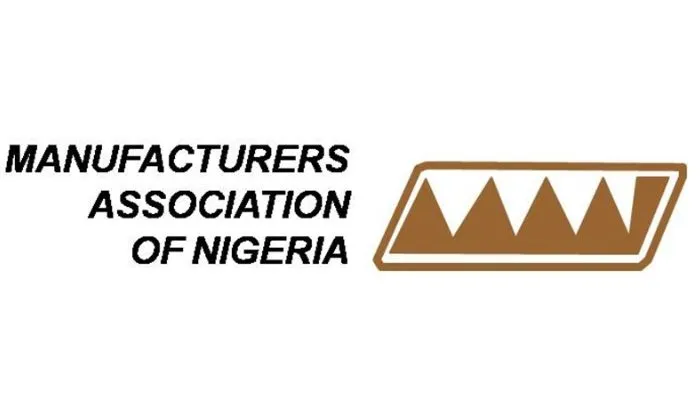The Manufacturers Association of Nigeria (MAN) has expressed strong reservations about the proposed introduction of a Tax Stamp System for excisable goods in Nigeria.
MAN stated that the system would impose significant compliance costs, create operational bottlenecks, and yield limited incremental revenue.
The director-general of MAN, Segun Ajayi-Kadir, acknowledged the Nigerian government’s commitment to modernising and harmonising tax administration through the Nigeria Tax Act 2025.
He highlighted that the act had received positive feedback from association members for simplifying the tax framework and offering substantial relief, particularly to small and medium-sized industries (SMIs).
However, he expressed the need for cautious consideration regarding the Tax Stamp System, stating, “While the intention to combat smuggling, counterfeiting, and enhance transparency is commendable, it’s crucial to examine the broader implications of such a proposal.”
Ajayi-Kadir recalled that the concept of tax stamps was previously suggested in 2018 but ultimately not adopted, and he hopes that this updated proposal would not lead to unintended consequences or undermine the progress made with the new tax act.
He pointed out that the act had already simplified taxation, providing necessary support to businesses, and introducing a tax stamp system could inadvertently add to the financial challenges faced by industries and complicate compliance.
MAN stated that imposing tax stamps could unintentionally encourage illicit trade, as the added costs might deter compliance and adversely affect both government revenue and legitimate businesses.
“We believe that producers and importers might increase prices to cover these compliance costs, putting additional strain on consumers and potentially driving them towards cheaper, illicit alternatives,” Ajayi-Kadir explained.
MAN also recognised the government’s investments in robust digital systems, such as the B’Odogwu Automated Excise Register System (ERS) by the Nigeria Customs Service and e-invoicing by the Federal Inland Revenue Service (FIRS), which already provide the transparency that the tax stamps intend to achieve without imposing further compliance burdens.
According to Ajayi-Kadir, as Nigerian manufacturers compete with imported goods in regional markets, the association emphasises that any additional costs from a tax stamp system could jeopardise the competitiveness of local products, especially in an environment where consumer demand is already affected by inflation.
This could lead to a shift in consumer preferences toward less expensive imports, posing challenges for local manufacturers.
“Research has shown that while tax stamp systems may superficially boost reported revenue, the compliance costs often outweigh their benefits. Historical data suggests that such systems can adversely impact small businesses’ profitability and tax compliance.”
Ajayi-Kadir referenced experiences in other African nations, including Kenya, Uganda, and Ghana, noting that tax stamps can be effective only under specific conditions where strong enforcement and government support are present. In many emerging markets, these systems can raise costs, shrink formal markets, and promote illicit alternatives.
MAN DG implored the government not to succumb to the proposal to introduce Tax Stamps; instead, the government should strengthen existing digital fiscal tools and border controls to achieve compliance without imposing undue burdens on industry.





